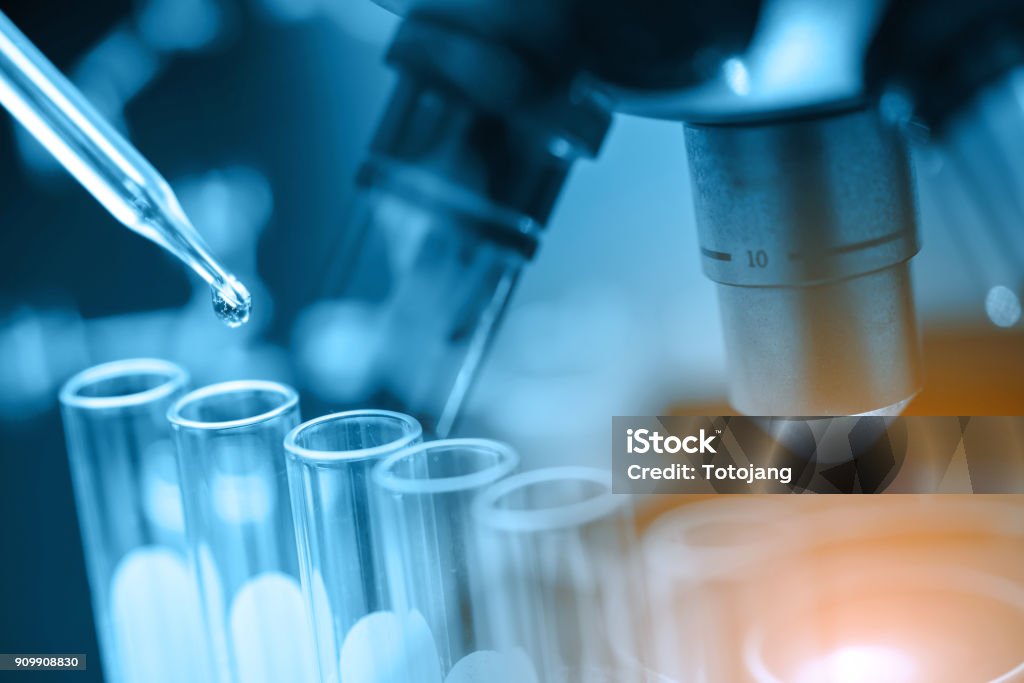For students passionate about health sciences and medical research, choosing to study biomedical science in Malaysia opens doors to a future in laboratories, clinical diagnostics, and pharmaceutical development. This academic path blends medical theory with laboratory application, preparing graduates for vital roles across healthcare and scientific industries.

Malaysia has become a popular destination for biomedical education, offering affordable, high-quality programmes that align with international standards. Institutions like RCSI & UCD Malaysia Campus (RUMC) provide globally recognised degrees with hands-on laboratory training and modern facilities.
What is Biomedical Science?
Biomedical science is the study of biology in relation to human health and disease. It involves understanding how the body functions and investigating how illnesses develop, are diagnosed, and can be treated or prevented.
What You’ll Learn
A biomedical science programme typically spans three years and covers a variety of core scientific subjects. Below is a snapshot of typical subjects offered:
| Year | Core Subjects Covered |
| 1 | Human Anatomy, Cell Biology, Biochemistry |
| 2 | Microbiology, Pharmacology, Molecular Biology |
| 3 | Pathology, Immunology, Research Project |
Students gain practical experience in research labs, developing skills in diagnostics, data interpretation, and scientific reporting—skills that are in high demand across industries.
Benefits of Studying Biomedical Science in Malaysia
Malaysia offers several advantages to international and local students pursuing biomedical science:
- Affordable tuition fees compared to Western countries
- Modern facilities and research labs
- Internationally recognised degrees
- Multicultural learning environment
- Opportunities for research collaboration and postgraduate progression
RUMC, for example, awards its biomedical science degree through the National University of Ireland. Students benefit from academic standards shaped by Ireland’s leading medical schools while studying in Penang.
Career Opportunities After Graduation
Graduates from biomedical science programmes are well-positioned for diverse career paths, including:
- Medical laboratory technologist
- Clinical research associate
- Public health officer
- Medical science liaison
- Quality control analyst in pharmaceuticals
Those who wish to deepen their expertise may pursue postgraduate qualifications in related fields such as biotechnology, clinical diagnostics, epidemiology, or even medicine.
Why RUMC?
RCSI & UCD Malaysia Campus stands out for its strong Irish academic foundation and its practical approach to biomedical science education. Students gain industry-ready skills and scientific confidence to contribute meaningfully in labs, research centres, or public health settings.
Choosing to study biomedical science in Malaysia means investing in a career that sits at the heart of medical progress. With institutions like RUMC offering quality education and strong research grounding, students are well-prepared to enter a competitive and evolving field.